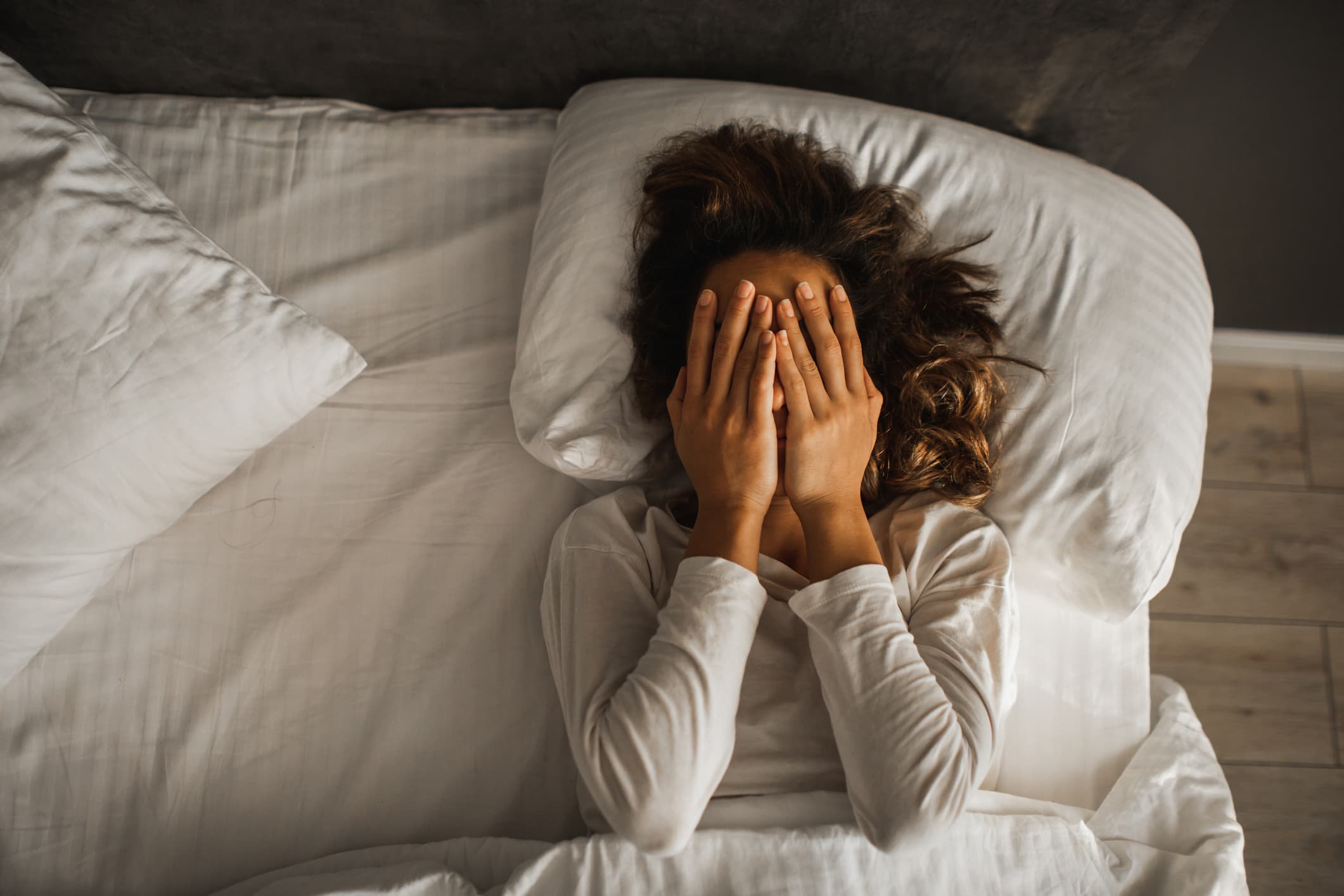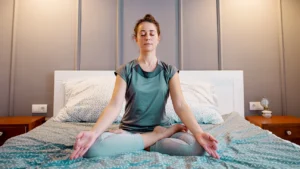That said, getting enough sleep doesn’t just make you feel refreshed in the morning, it’s also essential for your physical and mental health. Unfortunately, many people struggle with sleep issues due to lifestyle, anxiety, or their environment. The good news is that you can significantly improve the quality of your sleep by making a few simple changes to your daily routine.
Let’s take a look at some good habits that can help you sleep better from now on.
Understand the importance of sleep
While you sleep, your body repairs cells, stores memories, and rebuilds its immune system. Lack of quality sleep can lead to mood swings, a weakened immune system, difficulty concentrating, and an increased risk of chronic diseases. One of the best things you can do for your health is to make sleep a priority.
Have a consistent bedtime.
Going to bed and waking up at the same time every day, even on the weekends, can help you sleep better. This will help keep your body clock in sync, making it easier to fall asleep and wake up naturally.
Over time, your body will adjust to this rhythm and naturally slow down before bedtime. This will help you fall asleep more easily.
Establish a calming bedtime routine.
Create a routine before bed that helps you wind down and tell your body it’s time to relax. These activities, such as reading a book, taking a warm bath, listening to soothing music, or doing some light stretching, can help you transition from being awake to sleeping more easily.
Avoid doing anything stimulating before bed, such as checking your email or watching an exciting TV show. These activities make you more nervous and your mind more active.
Avoid screen time before bed.
The blue light emitted by electronic devices such as smartphones, tablets, and computers suppresses the production of melatonin, a hormone that makes you feel sleepy. Avoid screens for at least one to two hours before bedtime to help your body prepare for sleep.
If you must use electronic devices late at night, consider using a blue light mask or an app that reduces screen brightness.
Make sure your bedroom is cool and comfortable.
The quality of your sleep depends largely on the temperature. The room temperature should be between 15 and 20 degrees Celsius for a good night’s sleep. Make sure your clothing is soft and stretchy, and consider using blackout curtains to block out outside light.
You can also use a fan or a white noise machine to block out sounds that could wake you up and create a relaxing space.
Avoid heavy meals and coffee in the evening.
Eating a large meal too close to bedtime can make you feel uncomfortable and have trouble falling asleep. Instead, try to eat something at least two to three hours before bedtime.
Coffee and alcohol can also affect your sleep. It’s a good idea to avoid coffee, tea, and energy drinks in the afternoon, as caffeine can keep you awake for hours.
Get some sun during the day.
Your circadian rhythm tells your body when to be awake and when to sleep. Spending time outside in the sun during the day can help keep your balance. Try to spend at least 30 minutes outside each morning or early afternoon.
If you don’t get much sunlight, you can use a light therapy lamp to help your body clock adjust to the daylight.
Exercise, but don’t put it off for too long.
Moderate exercise can help you sleep better because it reduces stress and makes your body feel tired. But be careful not to do too much strenuous exercise right before bed, as it can make you feel more alert instead of sleepy.
However, doing some light yoga or stretching in the evening can also be a good way to relax.
Just stay in bed. Avoid activities like studying, eating, and watching TV in bed so that your brain learns that your bed is where you sleep. Since you only sleep with that person, your body knows what to expect when you lie down.
If you are still awake after lying down for 20 minutes, get up and do something quiet, like reading, until you fall asleep. Then go back to sleep.
Deal with stress and clear your mind.
Stress and racing thoughts are two of the main reasons why people can’t sleep. Deep breathing, meditation, or writing a book are relaxation techniques that can help you unwind.
Write down your fears or to-do list before you go
If you can’t fall asleep, it’s going to be harder to stay asleep. Don’t try to control it; trust that your body will rest when it needs it.
Final Thoughts
You don’t have to overhaul your life to improve your sleep. Small changes to your daily routine can make a big difference. Sticking to a regular sleep schedule, making your bedroom comfortable, and taking time to wind down each night can help you sleep better and more relaxed.
Be patient, start small, and see what works best for you. Once you develop these habits, you’ll not only sleep better, you’ll live better.




